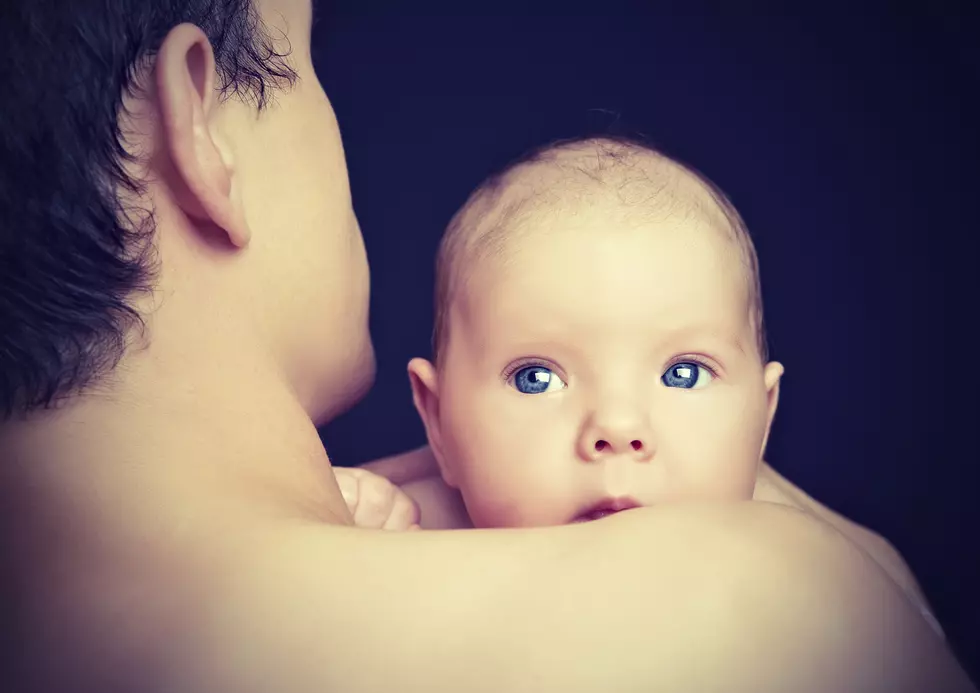
Rutgers study: Why are babies dying within 1 week of birth?
Infants who die during the first week of life should not simply be grouped in with infants who die in the first month, according to research out of Rutgers University.
Researchers found that determining a cause for sudden deaths that occur within one week of birth appears to be more difficult than determining a cause for sudden infant deaths that occur later on.
At the same time, babies who pass withIN seven days of birth are generally part of families who would be less likely to present common risk factors.
"This is a different population. Death in the first day or two of life is very different from SUID (sudden unexpected infant death)," Thomas Hegyi, co-author of the new study, told New Jersey 101.5.
From 2000 to 2015 in New Jersey, out of the 889 deaths of infants born at least 34 weeks into their mother's pregnancy, 123 died unexpectedly in the first 27 days of life, and 24 died unexpectedly in the first week.
According to the study, which was published in The Journal of Maternal-Fetal and Neonatal Medicine, a good percentage of mothers whose infants died in the first week had education beyond high school, and adequate prenatal care. Also, these mothers were more likely to be non-smokers.
The cause of death for the infants who died within six days of being born was most likely to be classified as "ill-defined" or "unknown," compared to infant deaths from seven to 27 days, according to the research. The latter group was typically classified as SIDS, or sudden infant death syndrome.
"The greater use of the ill-defined and unknown classification in the first week suggests greater uncertainty as to whether all possible causes have been considered and ruled out," said Hegyi, who serves as medical director of the SIDS Center of New Jersey.
Researchers noted that mothers of infants dying in the first week were more likely to have delivered via a c-section, which carries potential distraction risks such as postpartum fatigue and depression, and pain-relieving medication.
"When it comes to risk factors for SUID in the first year off life, one size may not fit all," said Barbara Ostfeld, program director of the SIDS Center of New Jersey. "Identifying age-specific risks can lead to improvements in outcome. In our study, some of the more common social and health risk factors associated with SUID were less evident in the first week."
Over the years, New Jersey's rates of SUID have been among the lowest in the nation. Since 2000, New Jersey's rate has been well below the national average. The SIDS Center was established through legislation in 1988.
Dino Flammia is a reporter for New Jersey 101.5. You can reach him at dino.flammia@townsquaremedia.com
Click here to contact an editor about feedback or a correction for this story.
LOOK: Baby names that are illegal around the world
LOOK: What are the odds that these 50 totally random events will happen to you?
More From New Jersey 101.5 FM









